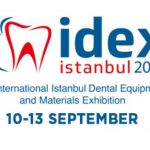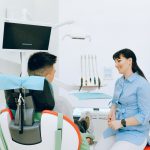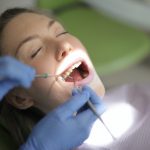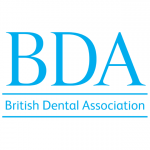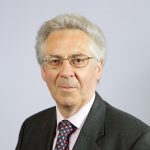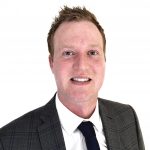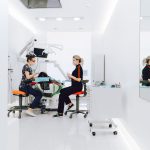The National Association of Specialist Dental Accountants and Lawyers (NASDAL) has called for clarification over a number of key financial issues affecting the profession.
Alan Suggett, specialist dental accountant partner in UNW LLP and NASDAL Media Officer said, “We quite understand that matters of patient safety and all things clinical taking are precedence in the current situation. However, dentists and practices need resolution on a number of financial and contractual issues. We cannot ignore the fact that dental practices are businesses. Indeed, a recent Dental Protection survey showed that more than one in two (53%) dental professionals said financial worries were having the biggest impact on their mental health in the face of Covid-19.
“A new NHS contract in line with the Prototypes must be introduced. The CDO (England) letter says “…mechanisms for the full 2020/21 contract year with the intention of reintroducing a link to delivery of activity and outcomes”. For the foreseeable future an activity-based NHS contract will be unworkable. Now is the time to implement the vision of the late Sir Jimmy Steele and achieve preventative dental care within a viable financial framework for NHS practitioners. Until this happens, our clients must attempt to make plans and financial forecasts with no idea of what the new NHS contract financial landscape will look like”
Other issues lacking clarity include NHS contract payment abatement, and duplication of government support e.g., SEISS, Bounce Back loans, and Small Business Rate Relief grants.
Johnny Minford, of Minford Dental Accountants commented, “in regard to SEISS, a number of difficult questions arise for dentists carrying out both the NHS and the private work. Many dentists earn more than the £50,000 threshold, but some don’t, for a variety of reasons.
The self-employed grant (SEISS) is paid if an individual’s taxable profit is less than £50,000, after capital allowances, but before pensions or superannuation. However, HMRC is unaware of any income under the NHS contract provisions. There is therefore a risk that the NHS Covid payment rules may be breached when the receipt of SEISS, in addition to NHS Covid earnings, exceeds pre-Covid income levels.
A recurring theme from the NHS is ‘reasonableness’. It is vital that NHS practitioners keep notes and records of the factors leading to decisions taken, and why they were made. This will give the best protection against comeback.”
Alan Suggett went on to add, “the fact that UK dentistry and healthcare are devolved, has further added to a sense of confusion. We would like the CDOs of England, Wales, Scotland and Northern Ireland, and the appropriate devolved administrations, to realise how vital clarity of financial matters is to NHS contract holders, and communicate this in a clear and unambiguous format as a matter of urgency. As a non–partisan association, NASDAL are happy to engage with and assist these parties with this vital task. The CDO (England) has stated that ‘all parts of the UK will be aligned’. However the differences in the systems of delivery of NHS dentistry mean that this cannot be achieved without an integrated plan dealing with technicalities.”





